7/7 bombings: ten years on, are we any safer?
Memorials set to mark ten years since 7/7, the deadliest terrorist attack in UK since Lockerbie
A free daily email with the biggest news stories of the day – and the best features from TheWeek.com
You are now subscribed
Your newsletter sign-up was successful
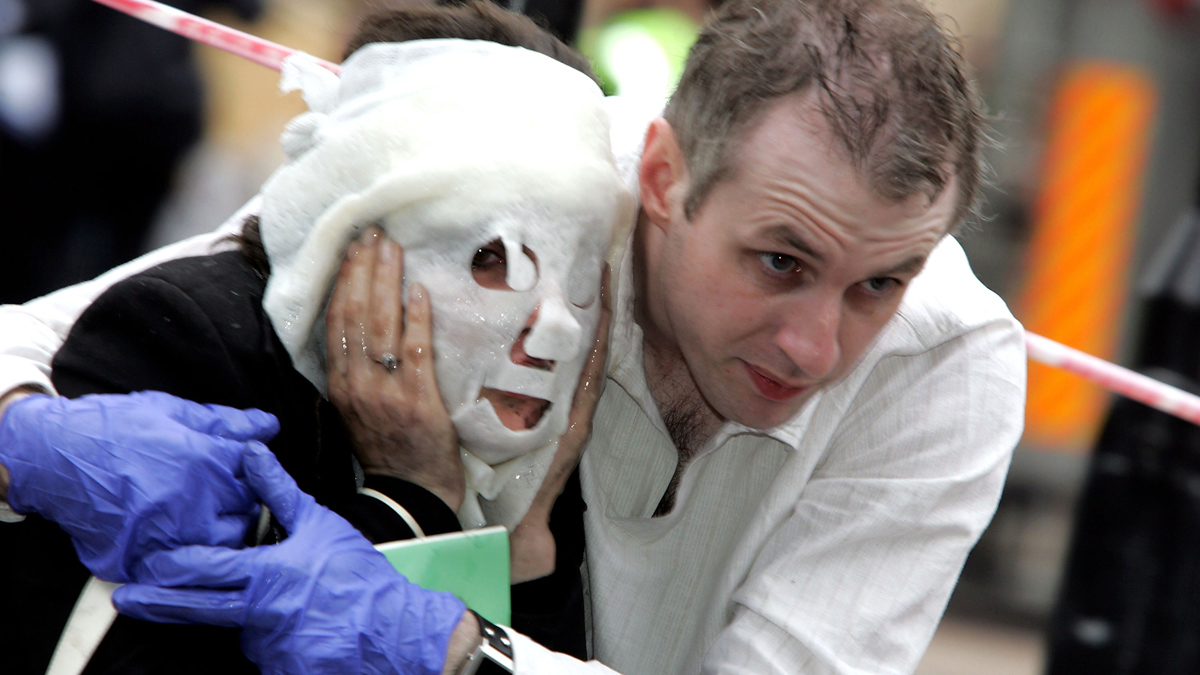
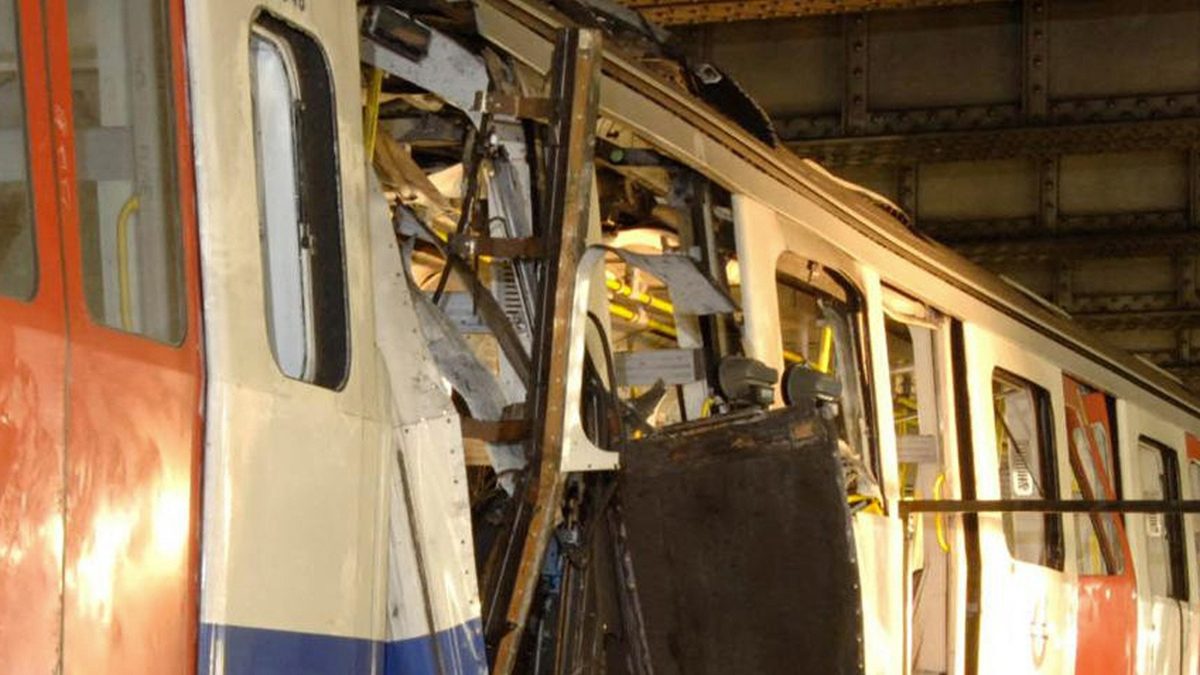
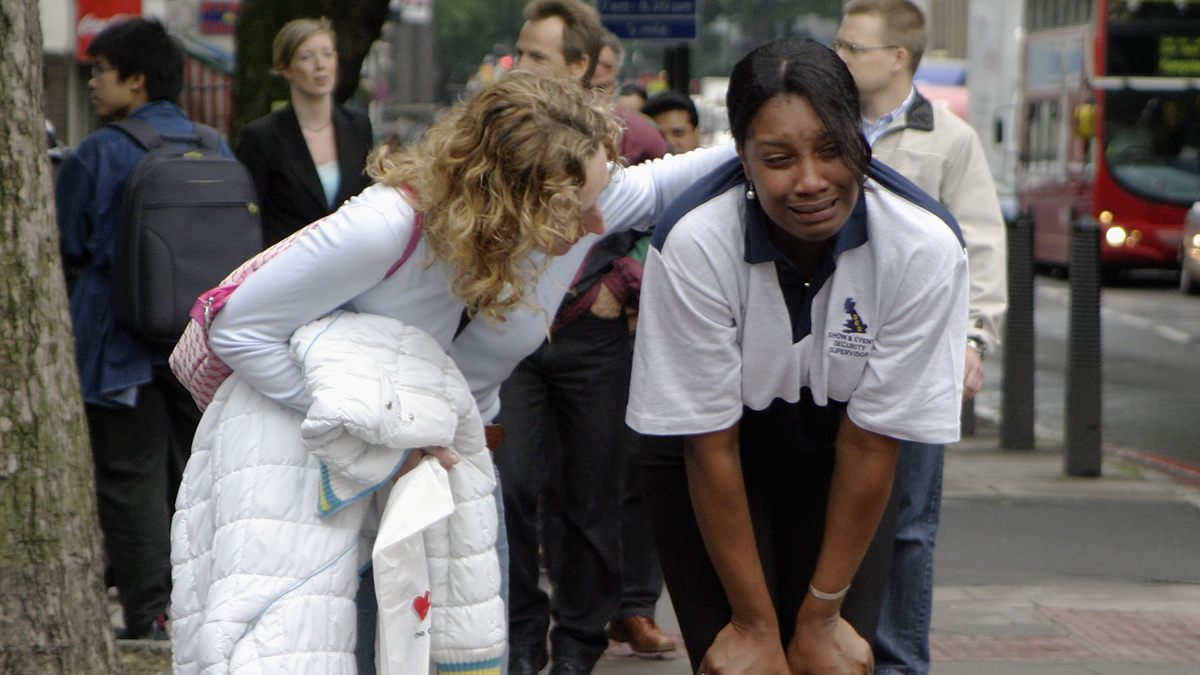
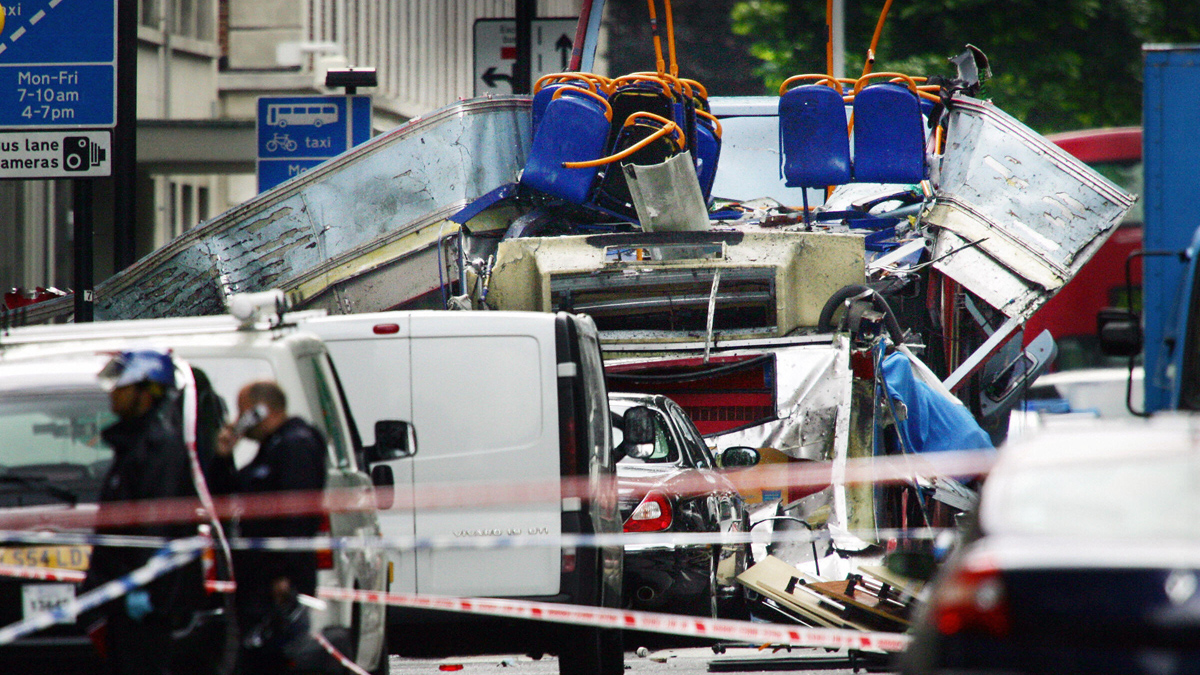
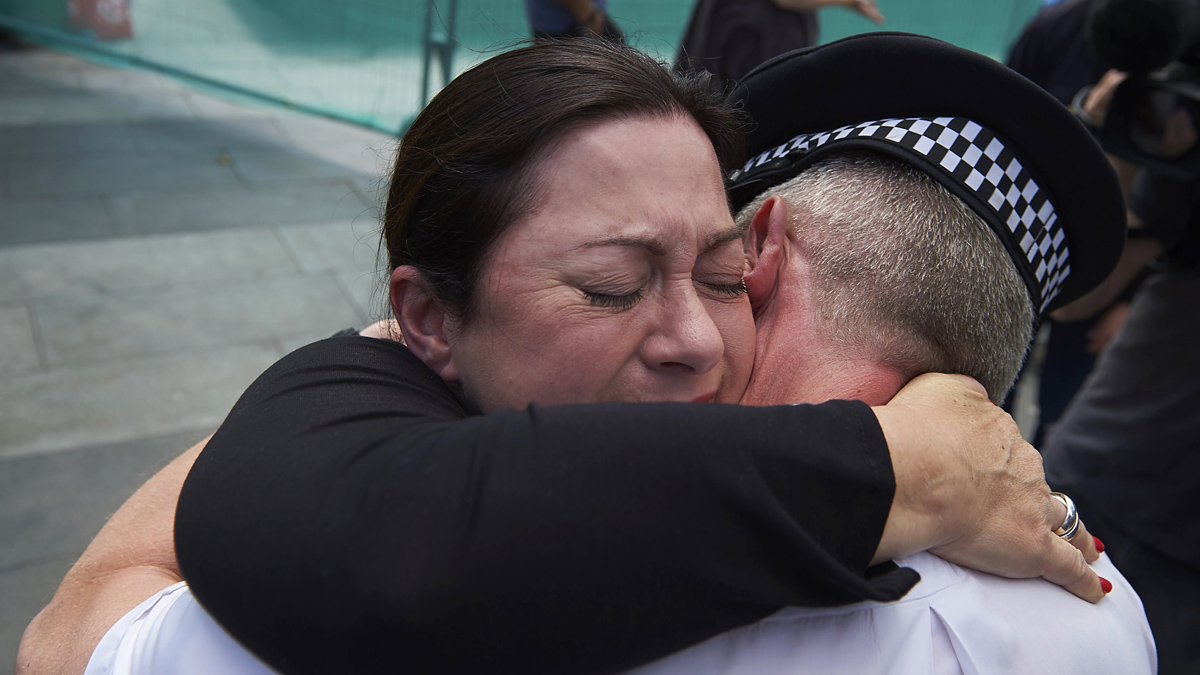
London will be marking the tenth anniversary of the 7/7 bombings today with memorial events around the capital.Mayor of London Boris Johnson and the Duke of York will join survivors and emergency service workers at a special ceremony at St Paul's Cathedral, while a national moment of silence will be observed at 11.30am.
The coordinated bombings on the morning of July 7, 2005, on London's busy transport system – Britain's first ever suicide attack – remain the deadliest terrorist incident on British soil since the Lockerbie bombing in 1988. Fifty-two people were killed and more than 700 people were wounded in the explosions.
The security services say they have thwarted many attempts to repeat the carnage, but questions remain about their abilities to prevent a determined attacker
The Week
Escape your echo chamber. Get the facts behind the news, plus analysis from multiple perspectives.

Sign up for The Week's Free Newsletters
From our morning news briefing to a weekly Good News Newsletter, get the best of The Week delivered directly to your inbox.
From our morning news briefing to a weekly Good News Newsletter, get the best of The Week delivered directly to your inbox.
What happened on 7/7?
At 8.50am on 7 July, Islamist suicide bombers detonated three homemade peroxide-based explosives on the London Underground, at Russell Square, Aldgate and Edgware Road stations. The deadliest explosion occurred at Russell Square, where the youngest of the bombers, Germaine Lindsay, killed 26 people.
"There was immediately smoke everywhere and it was very hot and everybody panicked," recalled BBC reporter Jacqui Head, who was a passenger on the train. "People started screaming and crying."
An hour later, a fourth suicide bombing took place on a crowded city bus near Euston. The bomb detonated as the bus was passing the headquarters of the British Medical Association and doctors poured out of the building to aid the wounded and set up a makeshift triage at the site
A free daily email with the biggest news stories of the day – and the best features from TheWeek.com
Emergency services personnel responding to the incident were confronted with scenes of chaos and confusion. "All the roads were closed and everyone was out of their offices, watching," paramedic Craig Cassidy recalled in an interview with The Independent. "People were applauding as we drove down the road to the job."
Who were the victims of 7/7?
The 52 victims included a number of foreign nationals as well as British citizens. The youngest victim was 20-year-old Shahara Islam, a bank cashier of Bangladeshi origin who was described by those who knew her as a typical Londoner as well as a devout Muslim. She was one of several Muslim victims of the bombings, including one man who had recently fled Afghanistan to escape Taliban violence. The oldest person to be killed in the attack was Arthur Frederick, a 60-year-old retired police officer from the Caribbean island of Grenada.
Many survivors of the attack suffered life-changing injuries. Martine Wright was sitting just 3ft away from bomber Shehzad Tanweer as he blew himself up at Aldgate station and lost both her legs in the explosion. Seven years later, she represented Britain in the sitting volleyball team at the 2012 London Paralympic Games. "I truly believe I was meant to do this journey," she told The Guardian shortly after her sporting debut.
Even those who escaped unscathed have battled with the traumatic memories of the day. "I still suffer from PTSD – when something comes into my peripheral view quite suddenly I can have flashbacks, and vertigo can make me vomit in the street," said Professor John Tulloch, who was caught in the Edgware Road blast.
Who were the bombers?
The bombers were identified as Hasib Hussain, 18, Germaine Lindsay, 19, Mohammad Sidique Khan, 30, and Shehzad Tanweer, 20. Hussain, Khan and Tanweer all came from Leeds and were the children of Pakistani immigrants, while Lindsay lived in Aylesbury and was a convert to Islam of Jamaican origin.
Khan and Tanweer, who were both known to security services, recorded videotapes prior to the bombings. In the footage, they praised al-Qaeda and explained their motive as being revenge on the West for Muslim deaths in Iraq and Afghanistan.
While Tanweer and Hussain were both described as quiet and very religious, friends and family of Khan expressed their disbelief that he could have committed such an extreme act of violence. A teaching assistant with a young son, Khan appeared thoroughly westernised until shortly before the bombings, when friends noted that he was acting strangely and became increasingly withdrawn.
Lindsay's wife, white British convert Samantha Lewthwaite, initially stated that she was shocked and appalled by her husband's involvement in the bombings. Since then, she has become infamous as the 'White Widow', wanted by Interpol in connection with Islamist terrorism in Kenya.
What was the response to the attacks?
In the immediate aftermath of the bombings, tension remained high across the country. Another attempted suicide attack on the Underground occurred just two weeks after 7/7, although all four bombs failed to detonate and no one was harmed.
The following day, 22 July, Brazilian national Jean Charles de Menezes was wrongly identified as one of the suspects in the failed bombing and was subsequently shot 11 times by firearms officers at Stockwell tube station. The killing caused uproar both in the UK and in Menezes's native Brazil, with vigils and protests held in both nations.
Tony Blair, the prime minister at the time, ruled out the possibility of an independent inquiry into the 7/7 attacks, labelling it a "ludicrous diversion". However, public feeling proved so strong that in 2010 a public inquest was launched to determine what could have been done to prevent the attack or lessen the loss of life.
The inquest, led by Lady Justice Hallett, concluded that the emergency services could not have saved more lives and provided recommendations for security services to improve counter-terrorism operations.
Are we safer now?
Lady Justice Hallett's criticisms of MI5 focused on "dreadful" low-quality photographs shown to a potential informant when better ones were available, and evidence of inefficient record-keeping. In a progress review published in May 2012, the government confirmed that a "considerable" number of improvements had been made since 2005, including more detailed record-keeping and a "significantly greater investment of resources to tackle terrorism".
In addition, the government cited "continued efforts to increase security around hydrogen peroxide and other explosives precursor chemicals" which had made these substances more difficult to obtain.
But Frank Gardner, BBC security correspondent, says that while detection methods have improved, the threat has diversified into something far harder to detect and stop.
"The sheer numbers getting drawn to Islamic State (IS), for a whole range of reasons, means that the 'Syria factor' places an enormous workload on those trying to head off the next plot," says Gardner. He points out that at least 700 Britons are believed to have travelled to Syria to join IS, with around half returning to the UK.
Many would-be jihadist attackers are taking a "cruder" approach to attacks with minimal communications that could be intercepted. Unlike in 2005, when email and mobile phone were the most common forms of communication, there are now many ways to encrypt communications, making it harder for authorities to intercept terrorist plots.
One expert tells Gardner that often it is "not so much a case of looking for a needle in a haystack as looking for a certain type of needle in a haystack made up of needles".
The UK terrorism threat remains "severe", the second-highest ranking, meaning a terrorist attack is "highly likely". The warning was raised from "substantial" in August 2014, in response to the conflicts in Iraq and Syria. With ongoing unrest in the region and the recent attack on Britons in Tunisia, it appears unlikely to be downgraded anytime soon.
Tony Blair, who was prime minister at the time of the attack, has this week warned that Islamist extremism has now reached the "edges of Europe". He said "the threat is not going away and will intensify in time to come".